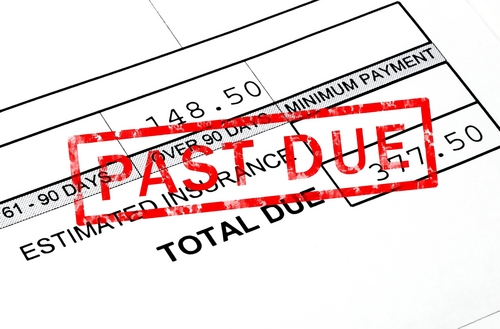Through its 30 years in business, Jack Russell Debt Collection, and tens of thousands of case studies, has developed internal procedures to recover debts from difficult-to-enforce county court judgments (CCJ). In order to give timely relief to cash flow, it is imperative to try and collect as much cash as possible, since due to the downturn in the economy, more and more businesses suffer at the hands of debts that can’t be collected.
“There is difficulty in collecting county court judgments that the debtor’s involved are usually in financial turmoil or adept at side stepping or delaying payment of their liabilities,” said a spokesperson from Jack Russell Debt Collection.
Below is a summary of some of the most effective steps used to enforce CCJs in case you have obtained a court judgment against your debtor who fails to pay the debt.
The first approach is for the debtor to be summoned to court. Regarding their ability or offer to pay, the debtor is questioned on oath, once in court. Rather than submitting themselves to this process, according to Jack Russell, which identifies this approach as one of the most effective, many debtors will pay up.
Delivering a high conversion to installment payers, this approach helps clients begin to get the cash back faster.
The second option is to acquire orders from third-party debt. Directly from the debtor’s bank or building society account, settlement can be obtained. A combination of warning about or summoning the debtor to court is often the best approach, but these should be merged with tactics.

Image via Shutterstock
Execution is key to recovering a receivable.
Yet another option is to charge orders. Businesses can place a charge against a debtor’s property on or off the market. However, this approach requires deeper insight into the ownership status of the property, existing charges and third parties to the property. This is often regarded as a safety net approach and close to return cash.
Nevertheless, if the debtor does not have the assets or the means to pay, or is protected by an Ltd. company that does not have the assets to pay, none of the above tactics will be as valuable.
Want to learn more about the latest in communications and technology? Then be sure to attend ITEXPO Miami 2013, Jan 29- Feb. 1 in Miami, Florida. Stay in touch with everything happening at ITEXPO (News - Alert). Follow us on Twitter.
Edited by Braden Becker
 Internet Telephony Magazine
Click here to read latest issue
Internet Telephony Magazine
Click here to read latest issue CUSTOMER
CUSTOMER  Cloud Computing Magazine
Click here to read latest issue
Cloud Computing Magazine
Click here to read latest issue IoT EVOLUTION MAGAZINE
IoT EVOLUTION MAGAZINE




